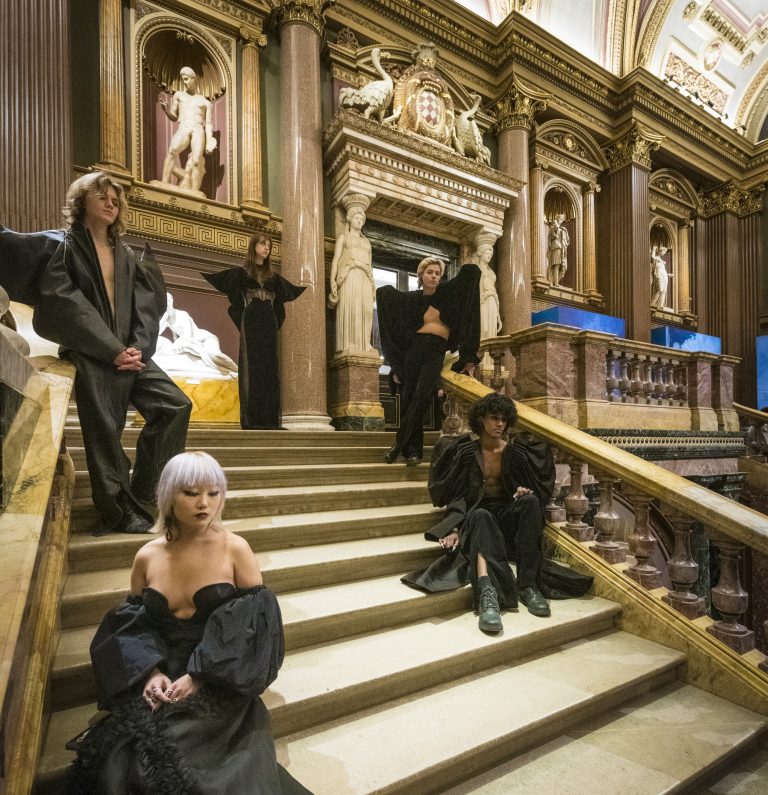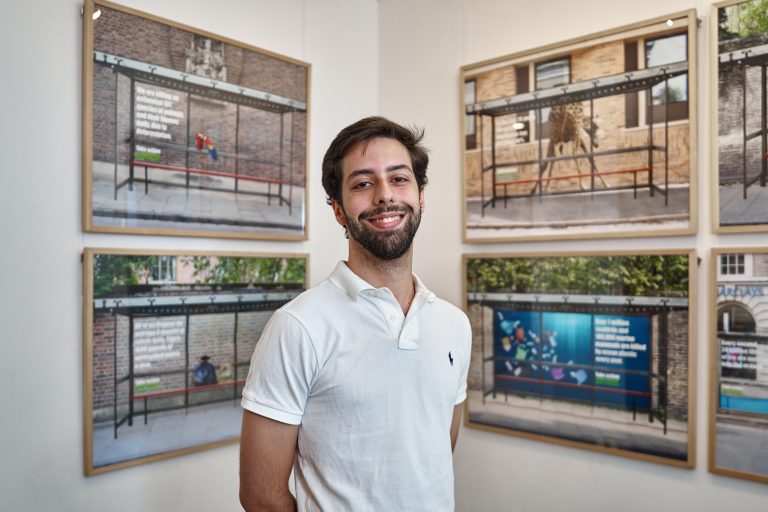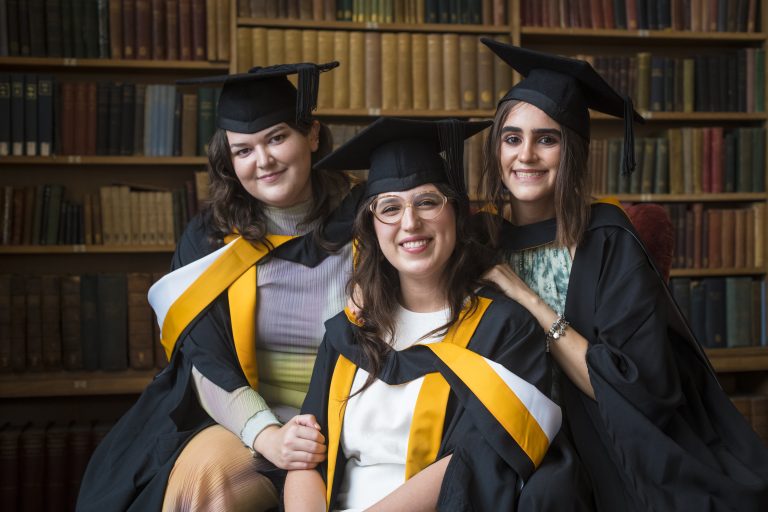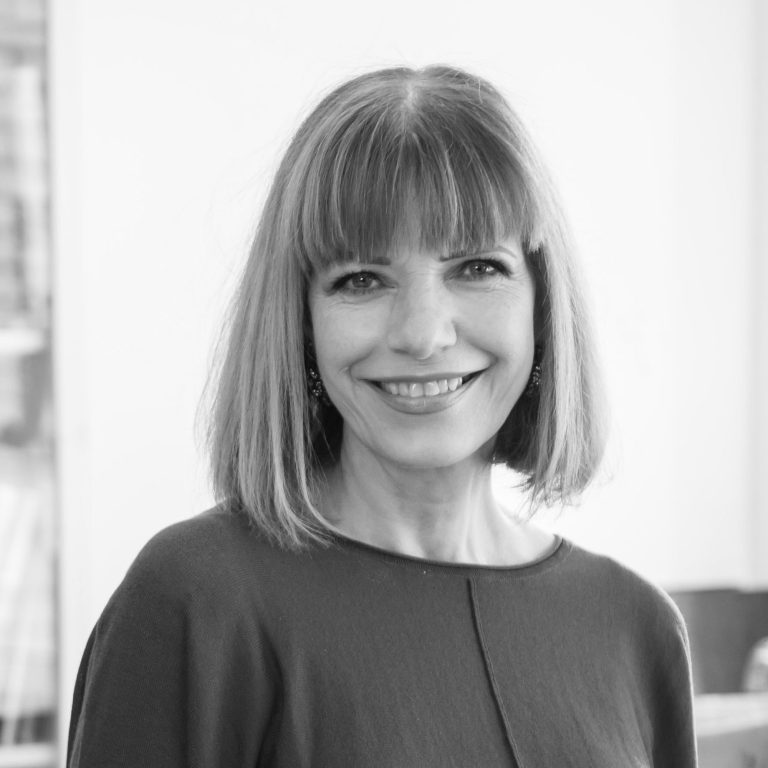BA (Hons) Graphics & Illustration
This course offers a dynamic and exciting approach to the practice of Graphics & Illustration. By fostering the development of personal ideas and challenging existing thinking in the subject, you will be equipped with the tools to help define your future and find an individual voice within the field of visual communication.
You will be encouraged to explore innovative and experimental methods to develop your practice as a professional designer or illustrator. Teaching comprises, set & live projects, self initiated work, hands-on workshops and talks by industry professionals. You will also have the opportunity to showcase your work in Cambridge and London in the Graduate Show.
WHAT TO EXPECT FROM THIS COURSE
YEAR ONE
Through practical workshops and themed project assignments, you will explore the fundamentals of visual communication and your own unique visual language through personal idea development.
YEAR TWO
In your second year, you will focus on developing skills within a chosen specialism alongside building upon existing themes, taught in year one. By exploring themes,and concepts within industry contexts, whilst still employing a wide range of media, the focus remains on refining your individual direction with the aid of self-evaluation.
YEAR THREE
Your final year is the link beginning of between college and your career in the creative arts environment. The year begins with a variety of projects that support a critical and imaginative approach to visual communication through a self-initiated programme of study. Aided by tutors and industry specialists you will explore a specific area of interest and complete a body of work from which to select your own professional portfolio.
WE PROVIDE
- Your own individual workspace in the studio.
- You will be allocated personal use of an iMac.
- Studios are open 7 days a week.
- Lectures are based in your studio 5 days a week.
- One-to-one with tutors.
- Access to an extensive range of UK wide practitioners, connecting you to industry and building industry contacts.
- Small group and one-to-one assistance with essay and dissertation writing.
- Guaranteed Graduate Show in London, with no extra costs.
- Free colour printing.
- Access to an in-studio library, printmaking, and photography studios.
THE AWARD
Upon successful completion students will be awarded a BA(Hons) Graphics & Illustration accredited by Falmouth University.
“The course was amazing from start to finish. I matured as an artist and a designer, and I would not have gone anywhere else.”
Thomas –
BA (Hons) Graphics & Illustration student
VIDEO
HIGHLIGHTS
- Events
- Student Success
- /Undergraduate
OVERVIEW
Course Location
Cambridge
Course Length
3 years (6 semesters)
Course Start
September
Tutor Support
Specialist tutor support available 5 days a week.
Studio Access
Students have access to our studios 7 days a week, from 8 am to 8.30 pm, Monday to Friday and 9 am to 5 pm at weekends.
Awarding Body
Falmouth University
English Language
Up to 5 hours per week if required
How your Work is Assessed
Majoritively Visual projects with occasional written assignments.
Guest Lecturers
Our course is enriched by programmed lectures and workshops from a range of leading creative professionals.
Your Space
Each of our students has their own workspace and is provided with free colour printing. Students will also have access to an in-studio library and our photography and printmaking studios.
How we Teach
Throughout this course, students will be taught through projects, specialist workshops, guest lecturers, regular one-to-ones, and group tutorials.
Progression
Graphic designer, Illustrator, Art Director, Freelance Illustrator, Advertising Agency, branding, digital moving image, typography, interactive design, packaging, and 3D design, information design, photographer, animator.
Careers
90% of our students were in work 6 months after graduating in 2019.
43% of our students graduating in 2019 achieved a first-class degree. This is substantially higher than the national level of 28%.*
*based on the national average in 2017/18
UCAS Institution Code
C06
UCAS Course Code
W990
ENTRY
Age
18 years +
Educational Level
A pass at UAL Level 3 Foundation Diploma or Extended Diploma or equivalent or successful completion of High School (year 11 or year 12 depending on the native country) is needed or 2 x A levels equivalent to 64 UCAS points and 1 GCSE or equivalent at grade 4 or C, preferably in a relevant creative subject.
Students who do not meet these entry requirements will still be considered on their own individual potential to succeed.
English Level for International Students
IELTS 5.5+ (with no element below 5.5)
Portfolio
A portfolio of work showing personal work, schoolwork, finished and prepared is required for this course. Your portfolio is the chance to show us your skills and your passion. Download our guide to see what we look for in a portfolio.
STRUCTURE
YEAR 1
The module will be delivered through a series of practical workshops and assignments. It will introduce you to a number of fundamentals used in the development of a visual toolbox. You will typically have the opportunity to experiment with basic elements of visual communication, such as printmaking, photography, drawing, mark-making, digital image making and typography. This will include both in-studio and outside activities, individual, group and team working, appropriate to the task, exposing students to new working methods and how they may enhance your creative solutions to assignments in the discipline of Graphics and illustration.
The aim is to expose you to new working methods and how you may enhance your solutions to assignments in the discipline of Graphic Design & Illustration. You will also develop your knowledge and understanding of design processes in the development of design ideas and develop and extend basic levels of technical skill in a range of design methods and techniques.
The module initiates an exploration of visual language where you will have the opportunity to develop skills and knowledge in a number of themed projects. It will provide an opportunity to experiment with a range of materials, methods and techniques appropriate to the assignment, building on elements associated with workshops undertaken. You will look at methods of research and analysis in the development of creative solutions, engage in critical thinking, finalising work within a given context. Assignments vary in length and may involve both individual and group work.
The aim of the module is to foster curiosity and open-minded attitudes in exploring a range of design methodologies, to demonstrate the importance of a development process in design practice and to explore the scope of the field of graphic design and illustration.
This module builds upon a wide range of previous learning experiences and introduces some new tools. Assignments are designed to develop critical thinking skills, design development and will focus on helping you select a pathway within graphic design or illustration. You will be encouraged to stretch your perceptions of creative thinking and creative practice. The module will typically culminate in a group project where professional management skills are introduced.
The aim is to act as a synthesis of previous work, building on skills and knowledge, to stretch critical thinking and introduce working methodologies associated with creative practice and to enable the selection of creative pathway.
The purpose of this component is to stimulate and engage, to draw you into the breath and complexity of the visual communication world. The module will encourage you to explore the cultural context of art and design by analysing a wide range of creative products drawn typically from illustration, graphic design, film, TV, animation, gaming and graphic novels. The primary focus of the module will be on identifying the “situatedness” of created products, their status as value laden objects that derive their significance from the interaction between the author who places them within a particular time and space and audiences who perceive them from their own unique location.
The aim is to demonstrate how practice relates to a broader context of visual communication, to encourage an enquiring and reflective approach to practice and to engage students in the production of a written assignment.
YEAR 2
This module will further develop a range of professional practical skills and approaches to Graphic Design and Illustration practice. Projects offer the opportunity to pursue areas of interest where you are introduced to advanced skills and techniques. Projects will support a transition period of study and will aid development of particular skills as you focus on your individual area of interest; projects offered will enable selection and progression to elected specialist activity; focus is placed on you developing skills related to a chosen specialism.
The aim of the module is to support you in identifying and establishing areas of individual creative exploration within the field of graphics & illustration, to extend and develop curiosity and open-minded thinking in the exploration of a range of design methodologies and to develop advanced knowledge and understanding of design processes in the development of design ideas.
The purpose of this component will be to provide you with an insight into research methodologies and their application to the creative industries. If we utilise a useful breakdown of the design research terrain by identifying three interconnected approaches. Research in – the study of past and current practitioners and theorists, Research through – experimenting and prototyping and Research for – research linked to specific problem solving exercises’. Each of these 3 are clearly related and it could be argued that 1 and 2 are always subservient to 3. This component will encourage you to not only explore and analyse your own practice and the practice of others, but gain an appreciation that the success of a creative product is seldom accidental; art and design are deliberate acts. The intentions here operate at both a macro and a micro level providing students with a valuable wider employability insight into the importance of preparatory research and prototyping while also bringing you to a point where you can complete a research brief for your final year dissertation in the form of a written report. Work developed here will lead directly into (but not tie you to) your objectives set in the dissertation module (Level 6).
The aim is to develop effective practice in relation to research methodologies, to engage with a range of communication skills adopting an inquiring and reflective approach preparatory to a wider employability context and to prepare for the dissertation.
This module is concerned with the continued development of conceptual ability, explorative thinking and creative communication. The module will establish ways of building a body of work and individual approach to graphic design and illustration practice. It supports the exploration of the potential for communication through a wide range of media and in diverse contexts. In fulfilling project work, you will be encouraged to employ technical skills developed in other modules. You will document project development work, from concept to final design solution, and national and international competitions may form the basis for project briefs.
The aim is to further develop a critical approach to analytical thinking in the creation of design solutions, to establish knowledge and understanding of studio and professional practices within your chosen field and to extend the knowledge and understanding of self-selection in relation to best work.
The module explores the notion of designer/illustrator as instigator or ‘author’ and involves the establishment of an individual direction of creative enquiry. You will develop a project through negotiation that will enable them to stretch their critical thinking skills developed in earlier modules. Self/peer-evaluation plays a critical role in project development. The module is designed to provide you with experience of professional presentation skills and the development of key knowledge and skills involved in creative career management.
The aim is to continue to develop critical skills and thinking in the development of chosen specialism, to establish knowledge and understanding of studio and professional practices necessary to gain employment in your chosen field and to establish the notion of designer/illustrator as instigator or ‘author’.
YEAR 3
This module is concerned with the exploration, development and synthesis of conceptual, theoretical and practical skills to create compelling communication solutions, which communicates individual voice and point of view. The module presents a series of set and self-initiated assignments that support a critical, individual and imaginative approach to visual communication. Normally between 2 to 5 projects involving different levels of commitment, scope and ranges of media are undertaken.
The aim of the module is to successfully implement a range of professional processes in individual creative practice, to engage in a wide range of personally directed work, which reflects prospective future goals and to identify the impact of social, ethical and financial considerations when developing visual solutions.
The dissertation is undoubtedly a valuable component of an undergraduate provision and the skills it helps develop are highly prized from an employability perspective. The module requires you to work independently; to exercise and deploy knowledge and skills acquired in earlier stages of the programme; to focus in depth on a specific topic in a given field; to develop and sustain a thesis, within an appropriate theoretical framework. At Level 6, you will build on the research brief developed in the previous module (Preparation), exploring ways to define and refine research questions, identify and employ appropriate texts in the formulation and support of arguments, critically analysing texts and artefacts, assessing the value of sources, and structuring your own responses. To frame your intensions you will prepare a presentation at an early stage, outlining their area of chosen interest; explain your findings to-date and your future development objectives.
The aim is to engage you in a piece of self-determined and sustained research, to develop and sustain thinking within a theoretical context and framework and to enhance presentation skills within a chosen topic.
This module will offer the opportunity for you to develop a self-initiated project that showcases your own area of interest. The projects enables you to foreground your specialist development in design research, whilst demonstrating your capacity for creative visual resolution. The work developed and finalised in this module will become the driving force of work exhibited at the end of year show, enabling the you to showcase their oeuvre to a wider audience.
This module is concerned with the research and development of professional practice and the understanding of a range of routes and roles possible within design practice; students are required to develop and present a professional portfolio, which shows understanding of how best to promote and present their work, and skills, to potential clients within design practice. The content of the portfolio will come from negotiated projects; yout defined project work relevant to the practice of Graphic Design or Illustration (or both). The module includes professional practice talks by industry specialists and recent graduates from across the spectrum of communication design to support individual research, initiative and evaluation in the development of specific and relevant career routes and personal goals.
The aim is to enable you to explore areas of personal interest within your chosen field, to extend specialist abilities in a range of professional creative applications relevant to their chosen specialism and to produce a professional portfolio and website suitable for the promotion and presentation of student’s work.
FACULTY
RELATED COURSES
TALK TO US
Do you want to find out more about CSVPA? Talk to our student advisors now.
